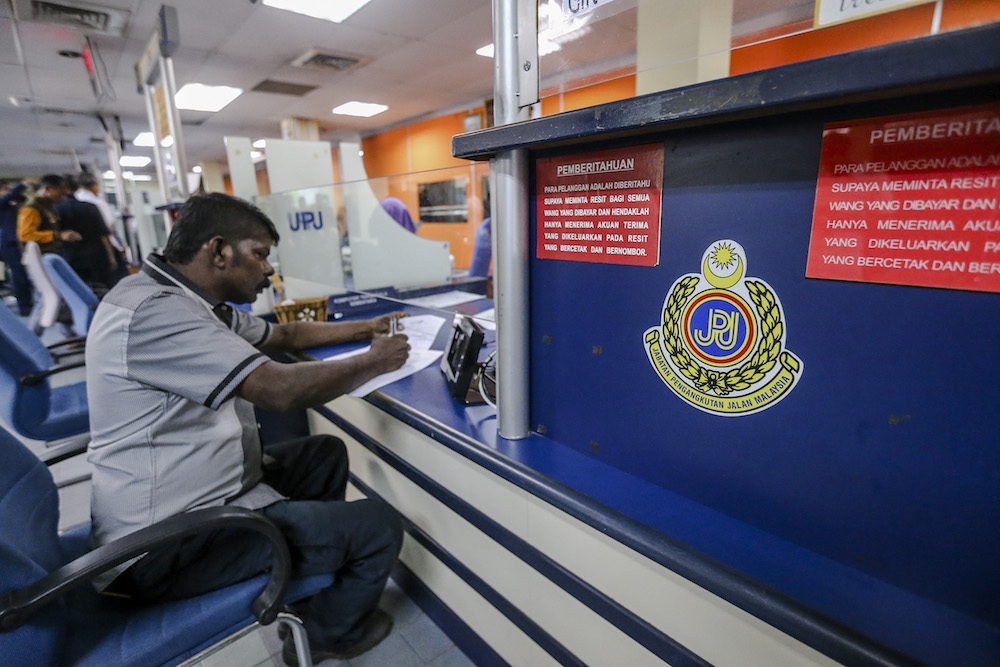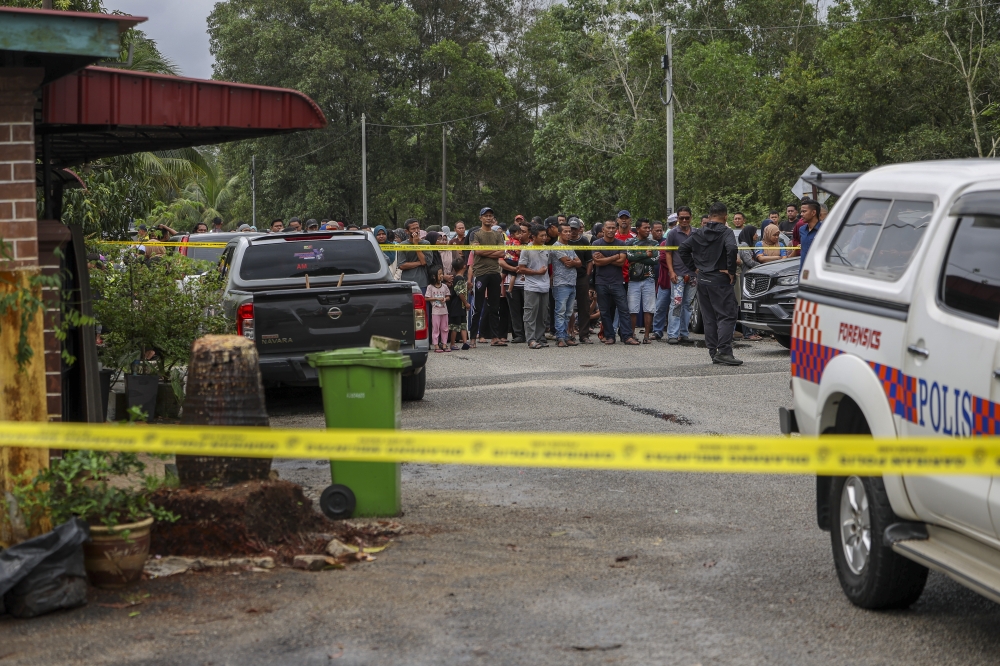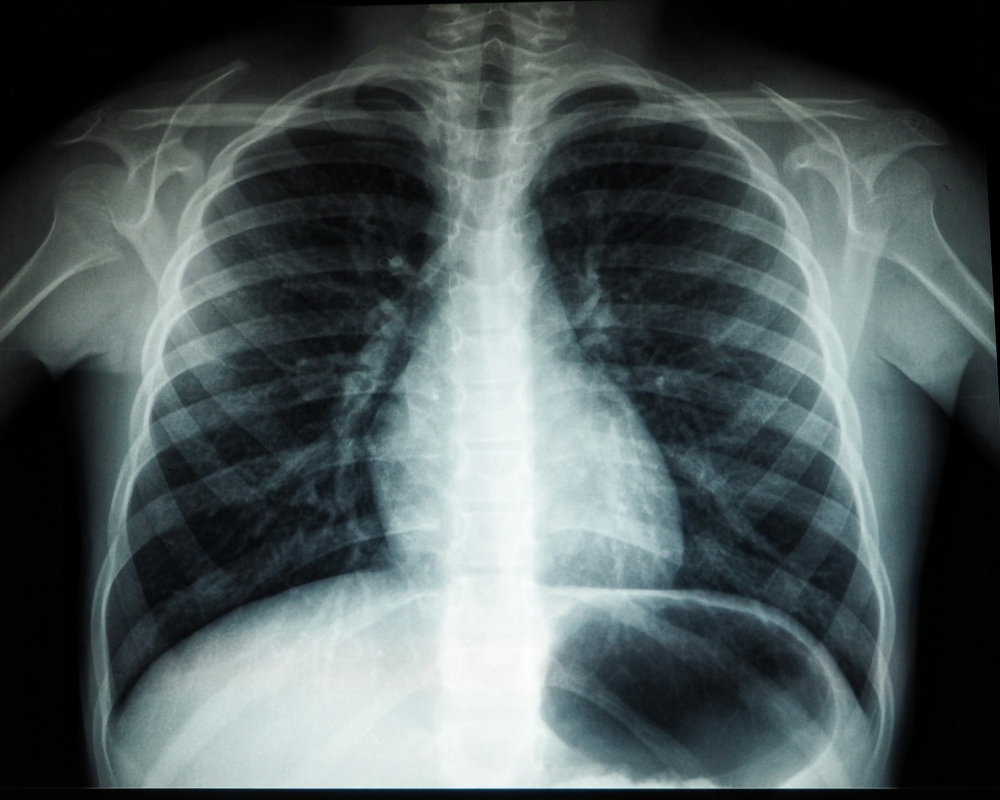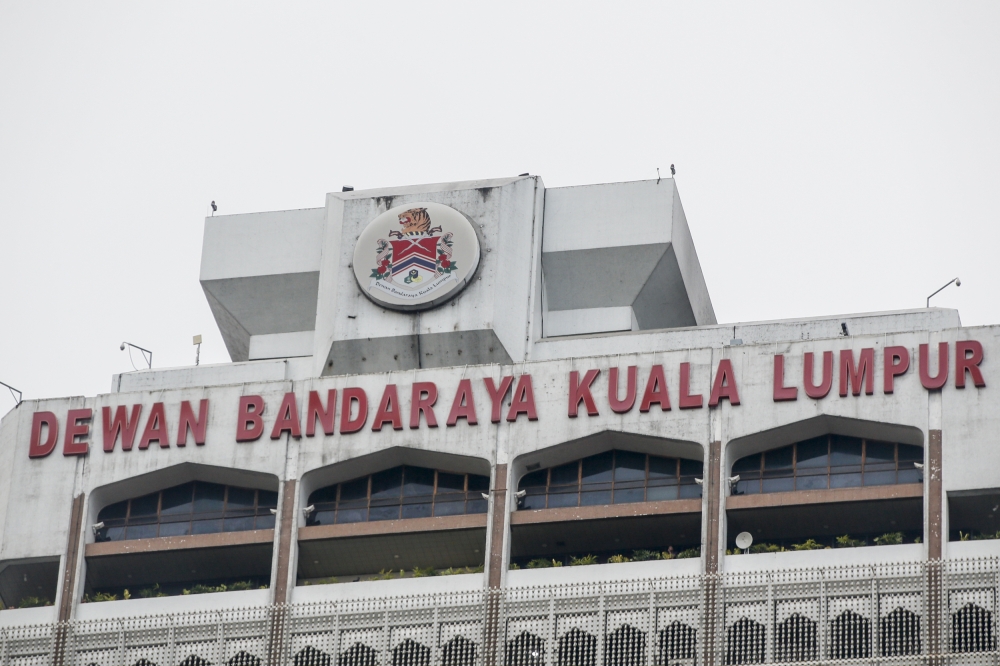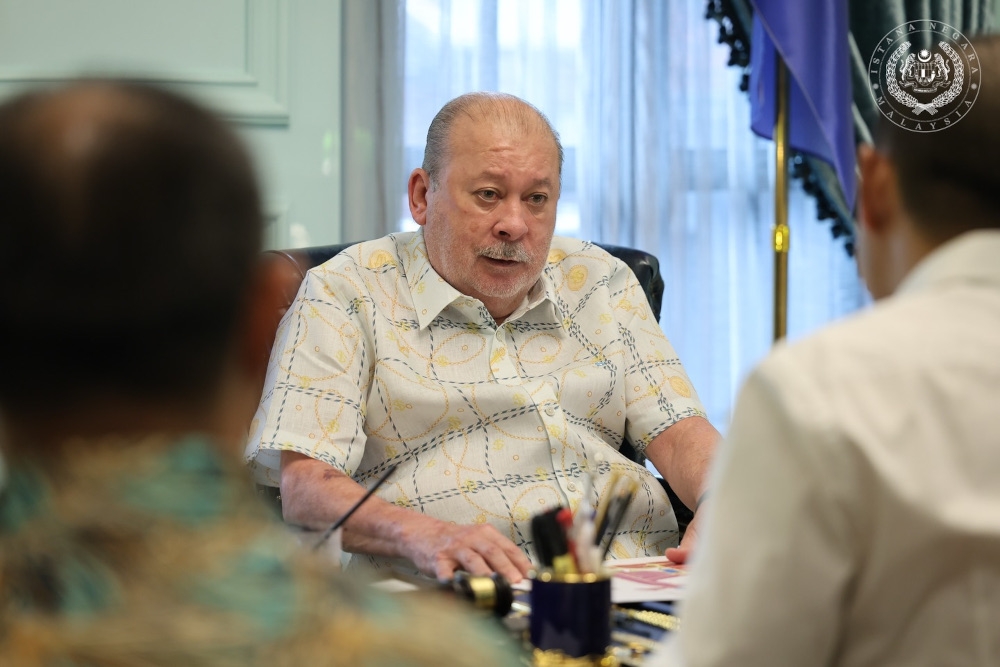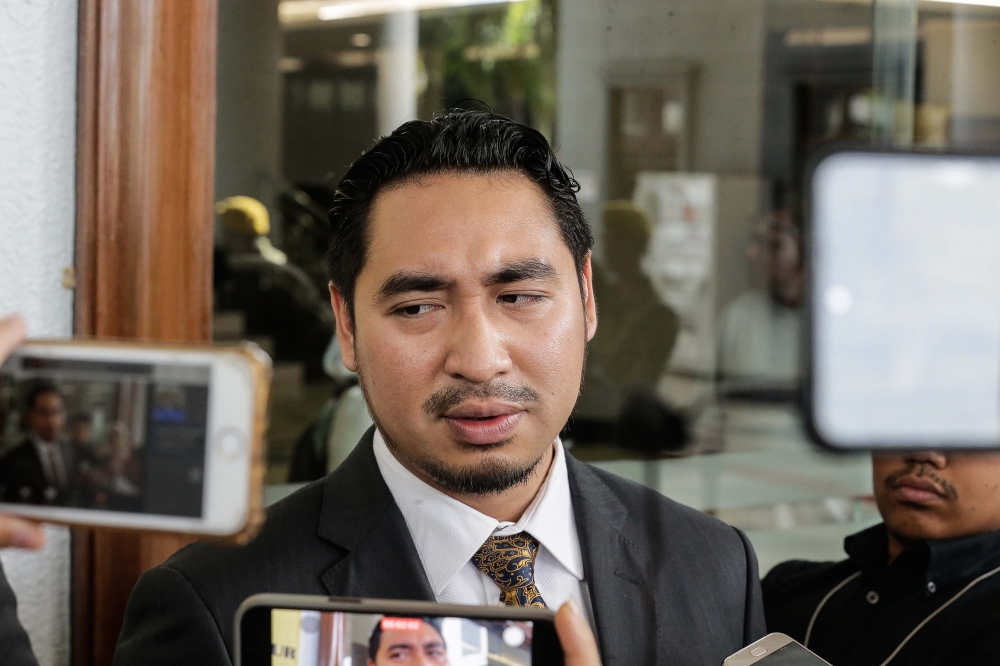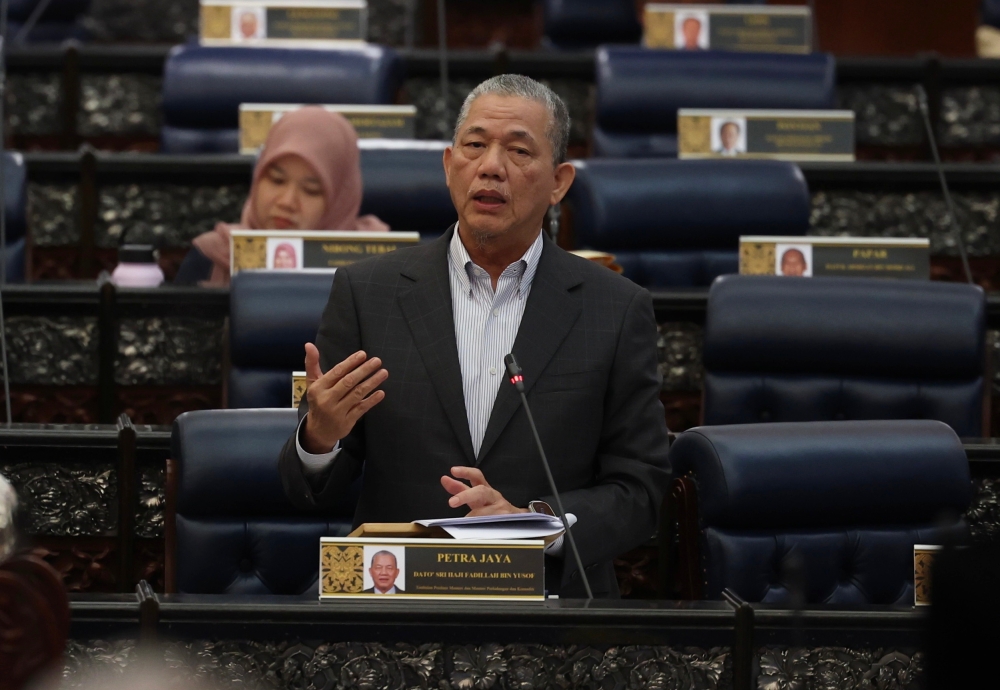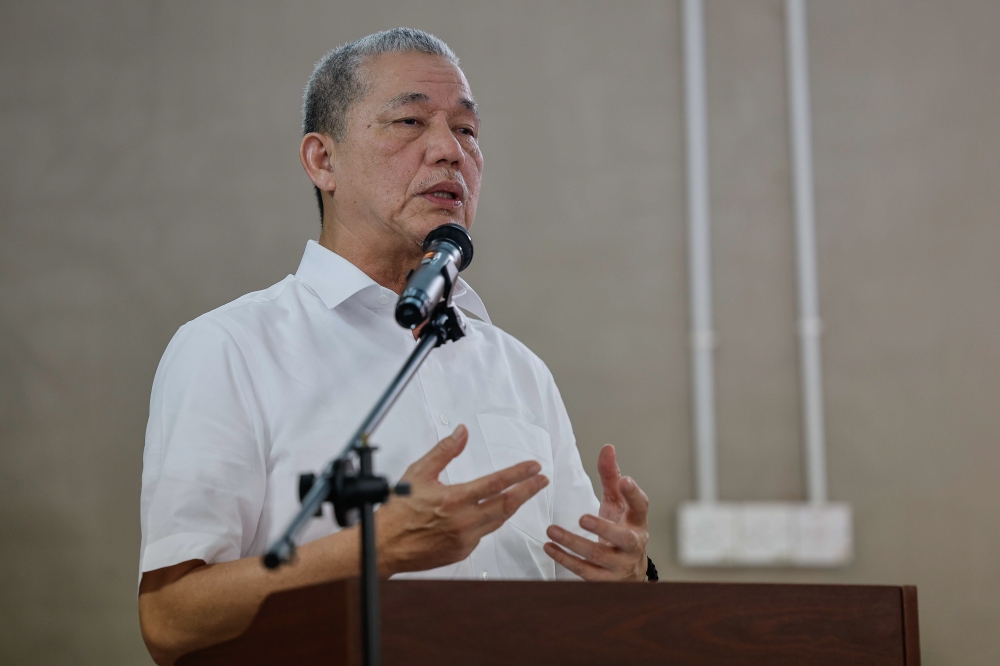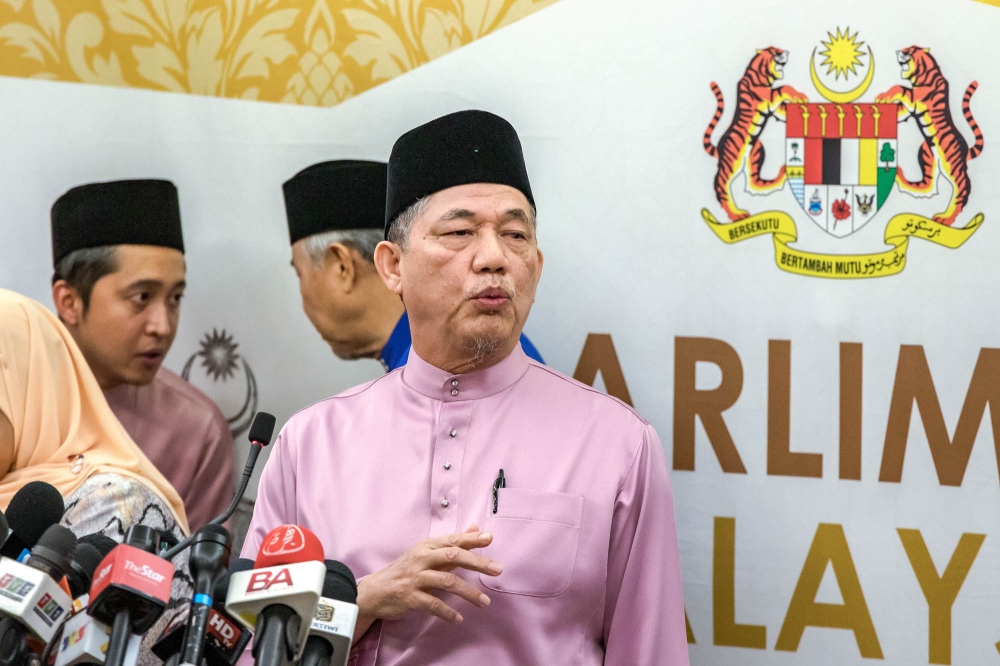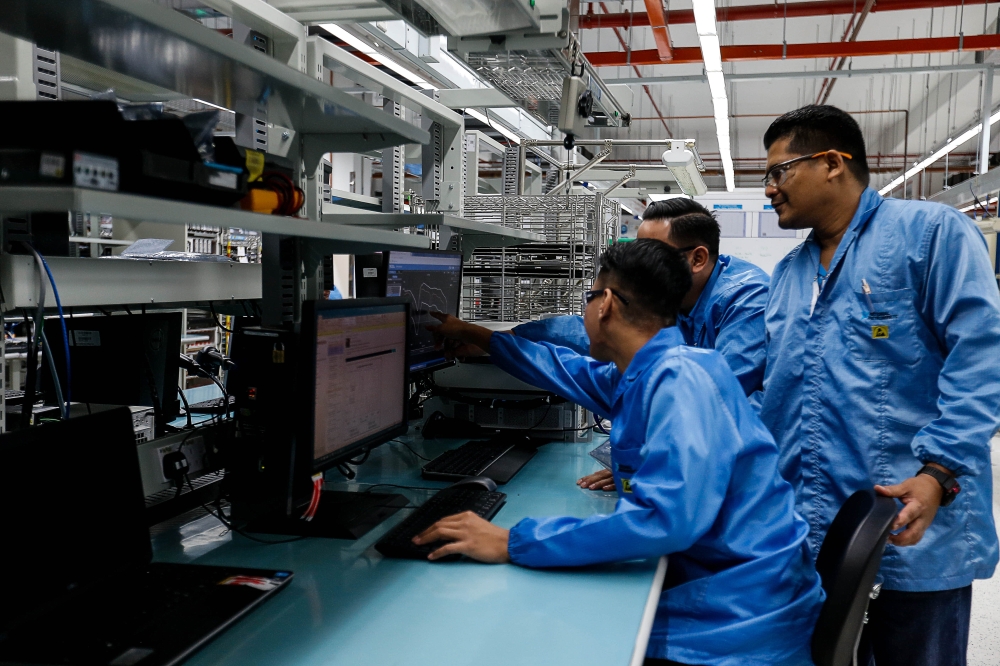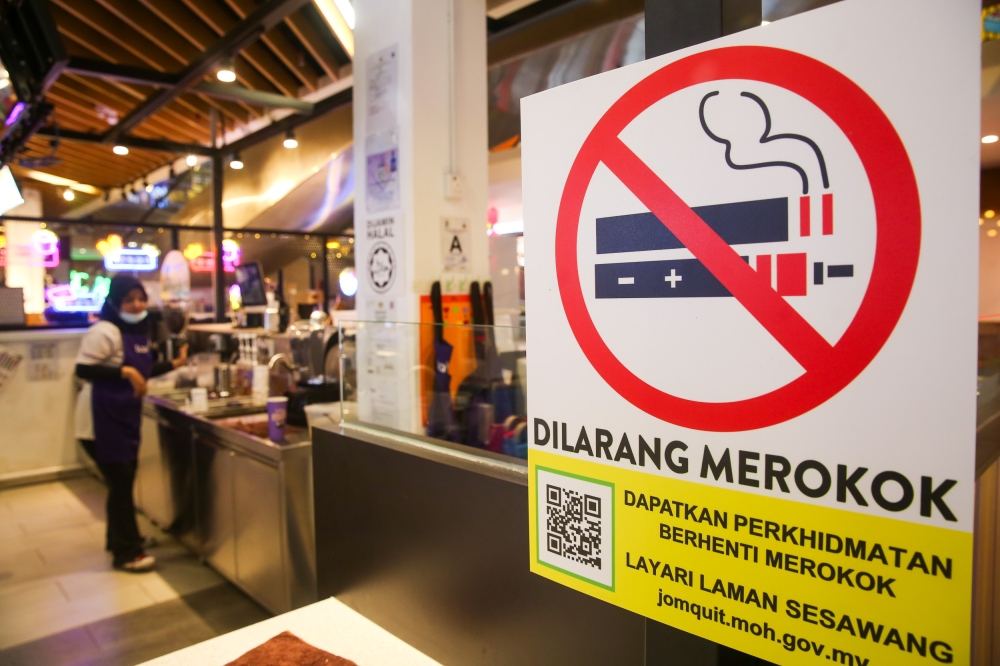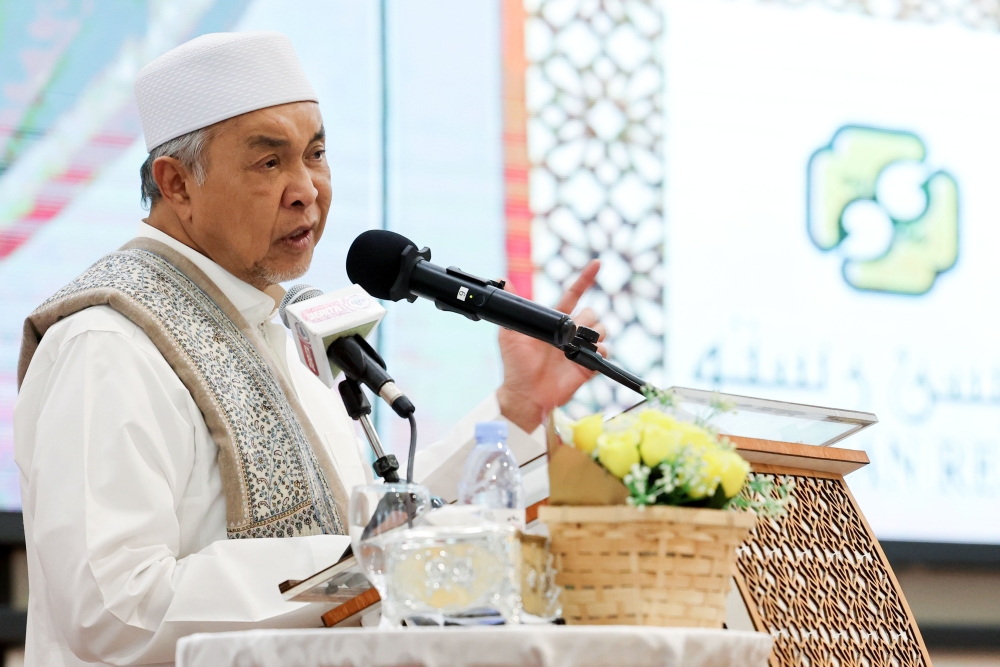KUALA LUMPUR, Oct 30 — The Malaysian Palm Oil Board (MPOB) has approved RM983,000 to 117 oil palm smallholders, with a maximum value of RM16,250, until August 2023 to finance agricultural input loans for fertilisers, pesticides and seeds.
Deputy Prime Minister and Plantation and Commodities Minister Datuk Seri Fadillah Yusof said the smallholders are not recommended to reduce the input rate because this would reduce yields over the long term.
Reducing the level of fertilisers and herbicides would affect the expected yield, he said when winding up the policy-level debate on the Ministry’s Supply Bill 2024 in the Dewan Rakyat today.
He also advised smallholders to have good agronomic management practices such as recycling empty oil palm fruit bunches, good fronds management and selective use of weed control to improve the fertilisation process.
Fadillah said bulk purchases of fertilisers and herbicides in large quantities involving several smallholders would also help to reduce the prices compared to individual purchases.
“Taking into account current strong crude palm oil (CPO) prices and decreasing fertiliser prices, the government’s need to allocate fertiliser subsidies to smallholders is less critical.
“However, the government is constantly monitoring CPO price movements, fertiliser price as well as the price of other agricultural inputs to help reduce costs for smallholders,” he said.
Fertiliser prices rose between 15 and 35 per cent in 2022 compared to 2021, especially for nitrogen, phosphorus and potassium (NPK), urea and muriate of potash (MOP).
However, the increase was still manageable because the CPO price that year was also high.
“Prices of fertilisers saw a decrease in 2023. In September 2023, NPK prices fell by 24 per cent, urea by 28 per cent and MOP by 35 per cent compared to the average fertiliser prices in 2022,” he said.
On the need to set up the Sabah and Sarawak Palm Council, Fadillah said there is no necessity for that currently because MPOB has branches in each state.
He said there are 14 MPOB branches in Sabah and 15 branches in Sarawak to carry out research, industry regulatory functions such as licensing and enforcement and expansion to help smallholders.
Until June 2023, the agro-commodity sector contributed RM38 billion, or about five per cent to the gross domestic product (GDP).
The export value of the sector reached RM103.5 billion or 11.07 per cent of the country’s total export income up till August 2023.
The ministry is committed to implementing policy reforms to ensure the long-term sustainability of the agro-commodity sector and raise the people’s economic status, especially smallholders who are the heart of the country’s commodity products production so that the country’s wealth resources can be fairly balanced. — Bernama

